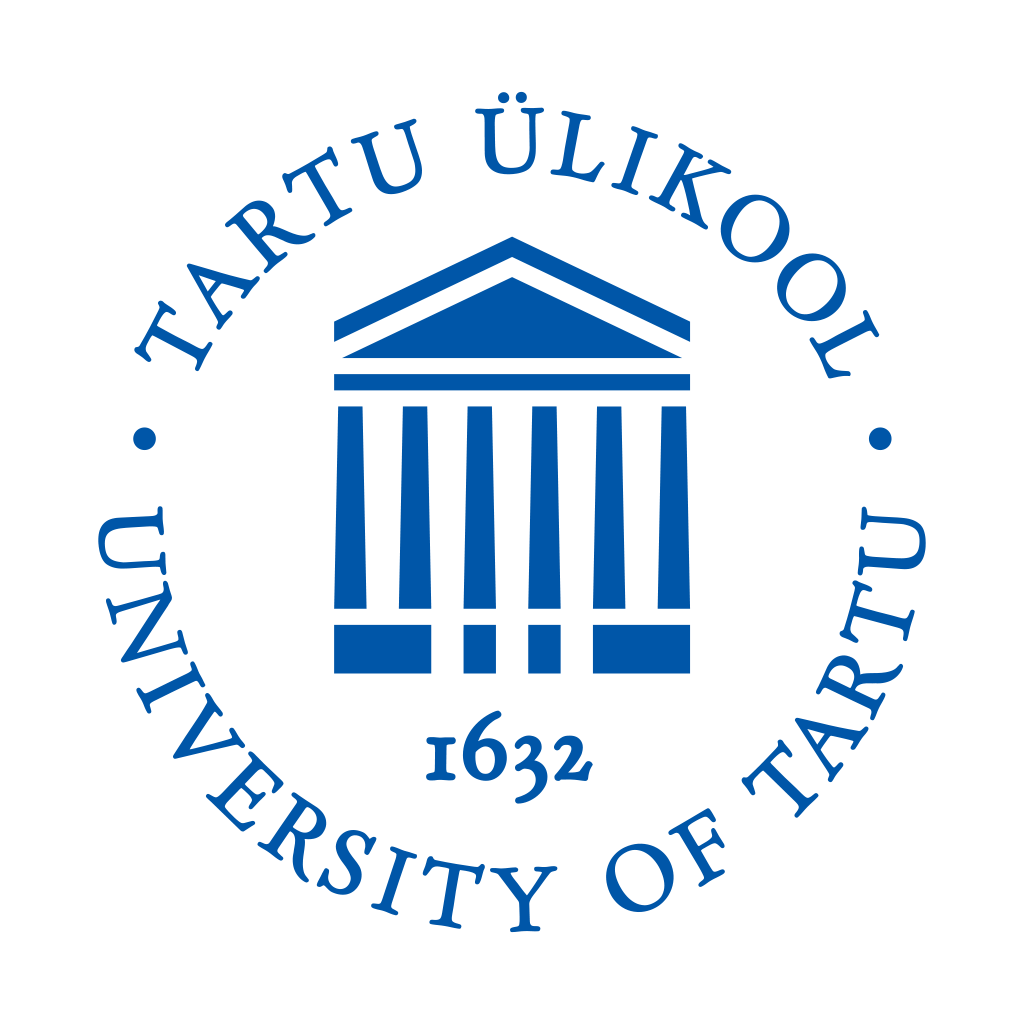
Team Leader
Team Staff
Institute Presentation
The University of Tartu is experienced in conducting interdisciplinary translational research aimed at identifying neurochemical underpinnings of affect-related behavioural traits and developing original approaches to modelling animal and human behaviour and psychiatric disorders. We also have extensive experience in exercise and metabolism studies. Besides having received numerous national grants for basic and applied research, this research group has previously participated in the FP6 integrated project NEWMOOD, has been funded by the Hope for Depression Research Foundation (U.S.A.), FP7 Consortium Aggressotype and is currently included in the Horizon 2020 Consortium CoCA. It is operating in modern facilities of the biomedical and natural science campus of the University of Tartu and has technical resources for all modern biomarker analyses. UT is responsible for conducting the Estonian Children Personality Behaviour and Health Study (ECPBHS) that provides a unique resource for the current proposal in terms of extensive and detailed longitudinal data on impulsivity, nutrition, physical activity, fitness, etc. In addition to ECPBHS, we are conducting the Estonian Psychobiological Study of Traffic Behaviour, another unique investigation of impulsive traits and realistic anti-social behaviour, with a biobank and validation by cross-linking the database with police registry and traffic insurance registry. We operate locally within a larger network of the Estonian Centre of Behavioural and Health Sciences that supports a multidisciplinary approach and provides technologically diverse competence from molecular biology to epidemiology and sophisticated data analysis. Our main tasks in Eat2beNice/New Brain Nutrition will include examining how diet is associated with the development of impulsive and compulsive behaviour in longitudinal and familial aggregation analysis, taking into consideration both genetic and environmental factors and how changes in nutrition and other aspects of lifestyle are reflected in alterations of epigenetic profiles.